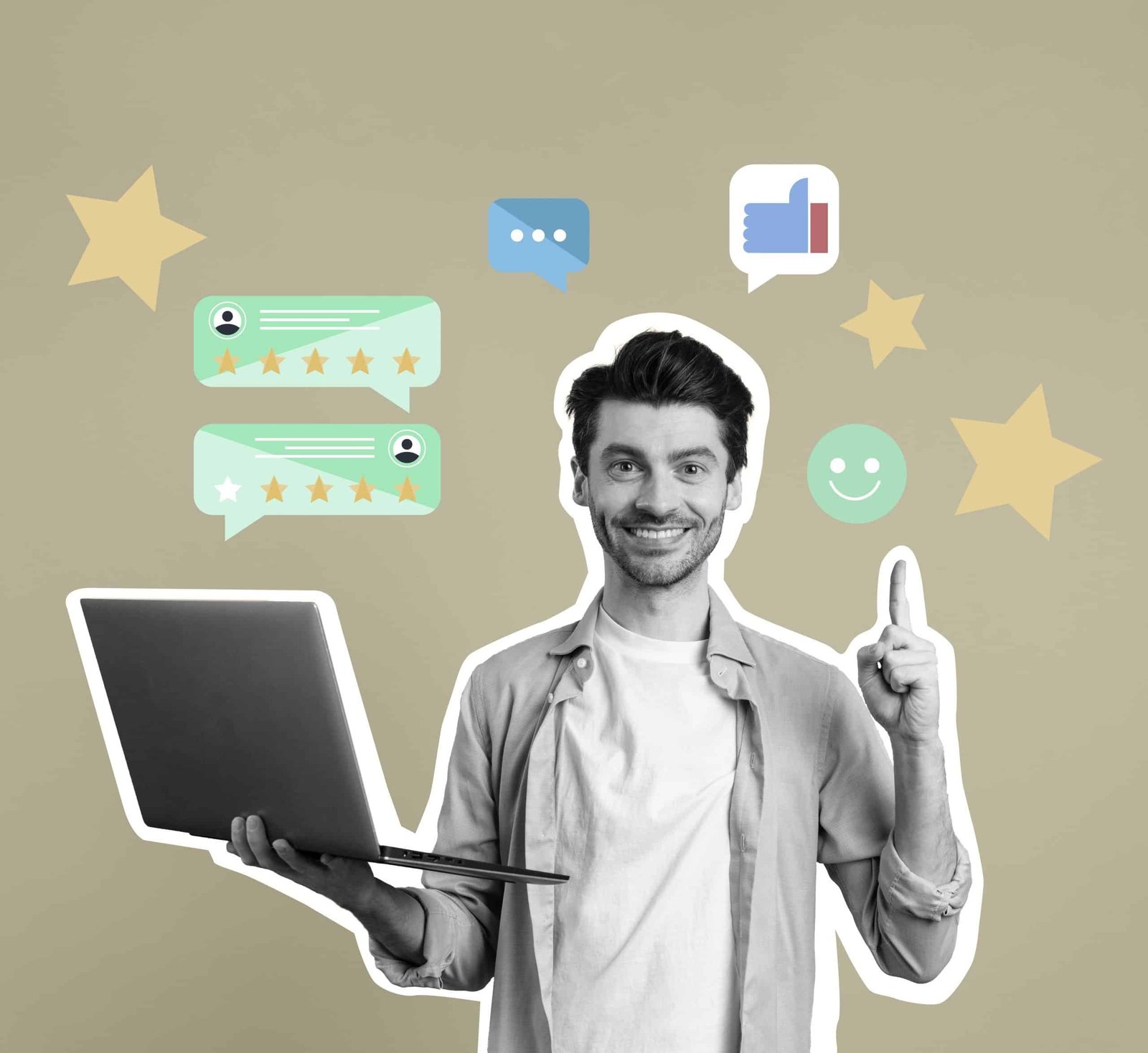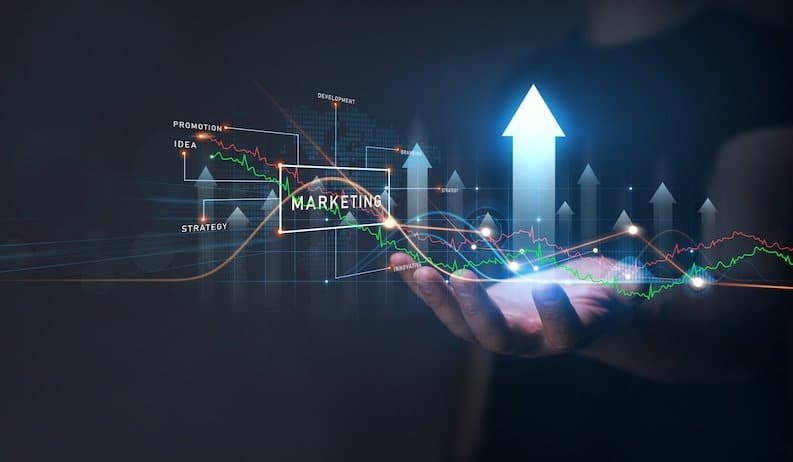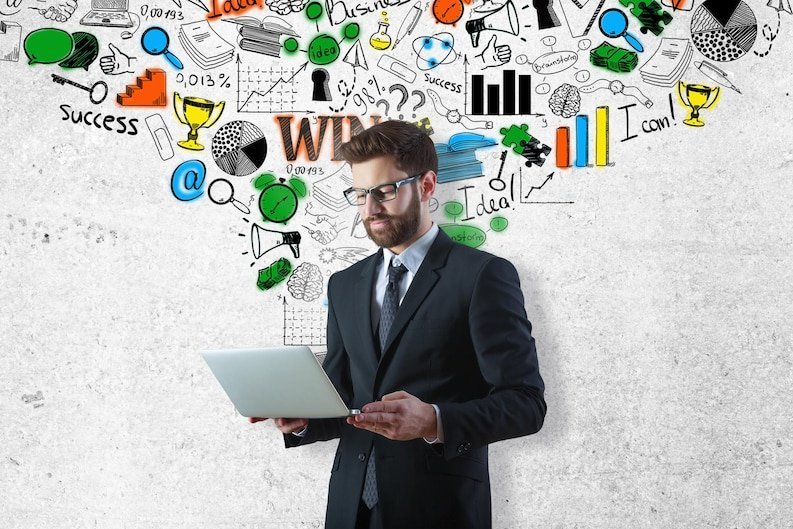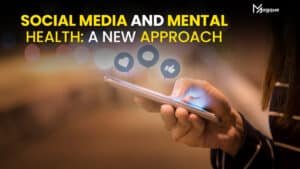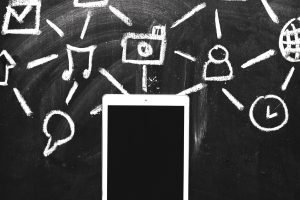Social media has become an integral part of our lives in today’s digital age. We use platforms like Facebook, Instagram, Twitter, and TikTok to connect with friends, share our experiences, and stay updated on the latest trends. While social media offers numerous benefits, it’s essential to acknowledge its impact on our mental health. This article will explore how social media affects our mental well-being, highlighting the positive and negative aspects.
The Positive Side of Social Media
Let’s start with the positives. Social media has revolutionized the way we communicate and access information. It allows us to stay connected with loved ones, even when they’re miles away. It provides a platform for self-expression, enabling us to share our thoughts, talents, and achievements with the world. Moreover, social media can inspire, motivate, and support various online communities dedicated to mental health awareness and recovery.
However, it’s essential to strike a balance between the positive and negative aspects of social media.
The Dark Side of Social Media
Social media isn’t all sunshine and rainbows. Excessive use and misuse of these platforms can have detrimental effects on our mental health. Here are some of how social media can impact us negatively:
- Social Comparison: One of the most significant downsides of social media is the tendency to compare ourselves to others. We often see curated versions of people’s lives, leading to feelings of inadequacy and low self-esteem.
- Cyberbullying: The anonymity provided by social media can give rise to cyberbullying. Harassment, trolling, and hurtful comments can affect one’s mental well-being.
- FOMO (Fear of Missing Out): Constant exposure to exciting events and activities on social media can trigger FOMO. This fear of missing out can cause anxiety and depression.
- Reduced Face-to-Face Interaction: Excessive screen time can lead to a decline in face-to-face social interactions, which are crucial for mental health.
Signs of Social Media Impacting Mental Health
So, how do you know if social media is affecting your mental health? Look out for these signs:
- Increased Anxiety: If scrolling through your feed makes you anxious or stressed, it might be time to reassess your social media habits.
- Low Self-Esteem: Constant comparison to others can erode your self-esteem. If you find yourself feeling inadequate, it’s essential to take a step back.
- Sleep Disturbances: Excessive screen time, especially before bedtime, can disrupt your sleep patterns, leading to fatigue and mood swings.
- Procrastination: Spending hours on social media instead of focusing on essential tasks can be a sign of addiction.
Mitigating the Impact
Fortunately, there are ways to enjoy the benefits of social media while minimizing its negative impact:
- Set Boundaries: Establish limits on your social media usage. Designate specific times for checking your accounts.
- Unfollow Negative Influences: If certain accounts consistently make you feel bad about yourself, unfollow or mute them.
- Engage Mindfully: Be conscious of your emotions while using social media. If you notice feelings of jealousy or anxiety, take a break.
- Seek Support: Don’t hesitate to reach out to friends, family, or professionals if you’re struggling with the effects of social media on your mental health.
In conclusion, social media is a double-edged sword when it comes to mental health. It can enhance our lives by connecting us with others and providing valuable information. However, it can also harm our well-being if we’re not mindful of how we use it. By recognizing the signs of negative impact and taking proactive steps to mitigate them, we can harness the power of social media for positive change in our lives. Remember, balance is the key to a healthier relationship with the digital world.
And be sure to explore Magque, your go-to source for the latest and most intriguing updates in the realms of informative tips & reviews!
FAQs
Q1. How does excessive use of social media affect mental health?
Excessive use of social media can have various adverse effects on mental health. It can lead to increased feelings of anxiety, depression, and loneliness. Constant comparison to others on social platforms can also harm self-esteem and overall well-being.
Q2. Can social media be a source of support for mental health?
Yes, social media can be a source of support for mental health. Many online communities and forums provide a platform for individuals to share their experiences and seek advice or emotional support. However, it’s crucial to ensure the credibility of such sources and use them mindfully.
Q3. What are the signs that social media is impacting my mental health negatively?
Signs that social media may be negatively impacting your mental health include:
- Increased anxiety.
- Low self-esteem.
- Disrupted sleep patterns.
- A decline in face-to-face social interactions.
Procrastination and excessive screen time are also warning signs.
Q4. How can I maintain a healthy relationship with social media for better mental health?
To maintain a healthy relationship with social media, you can set boundaries on your usage, unfollow or mute negative influences, engage mindfully by recognizing your emotions, and seek support from friends, family, or mental health professionals when needed.
Q5. Are there any positive aspects of social media for mental health?
Yes, there are positive aspects of social media for mental health. It can provide a platform for self-expression, connection with loved ones, access to mental health awareness resources, and opportunities for inspiration and motivation. However, using social media mindfully is essential to reap these benefits without harming your mental well-being.
Read Also This:- Social Media Analytics: Measuring Success



